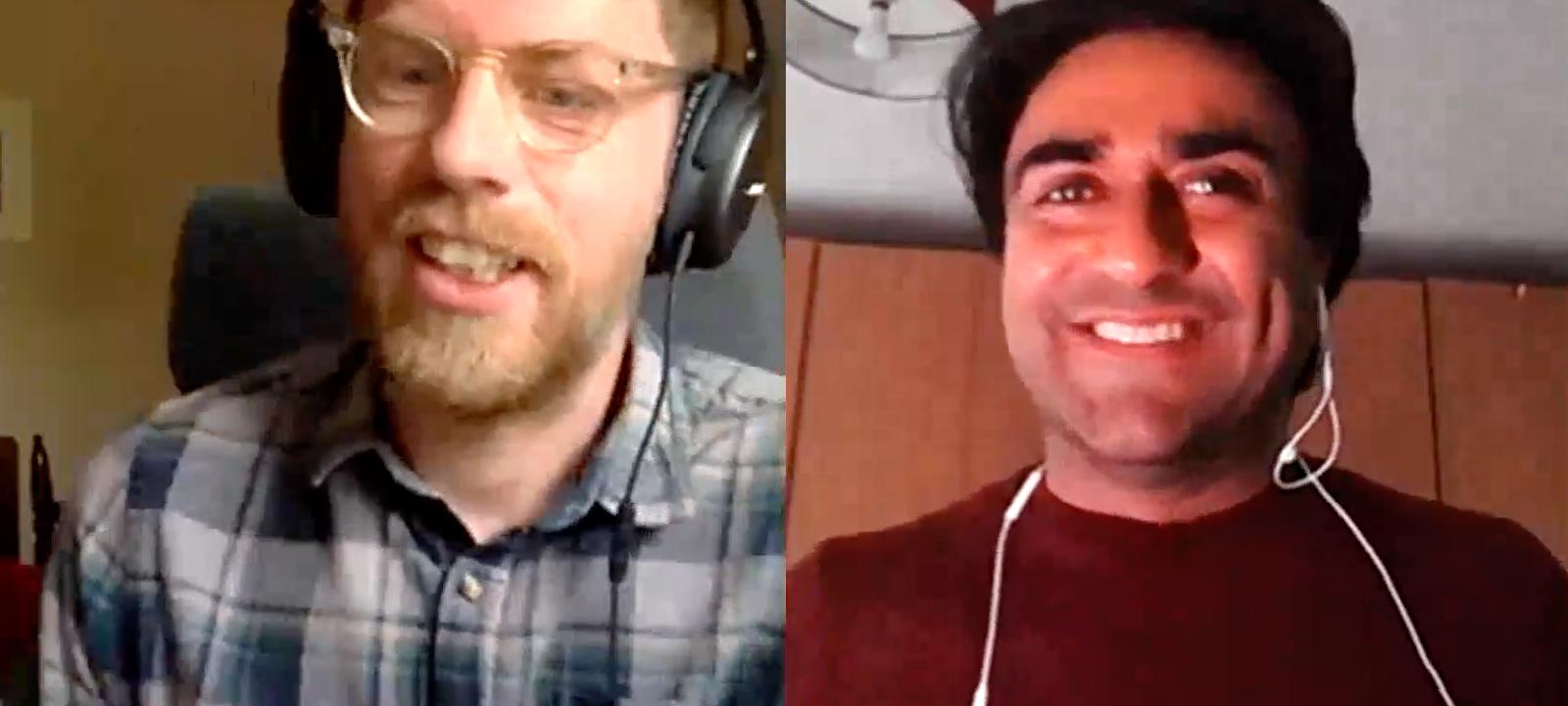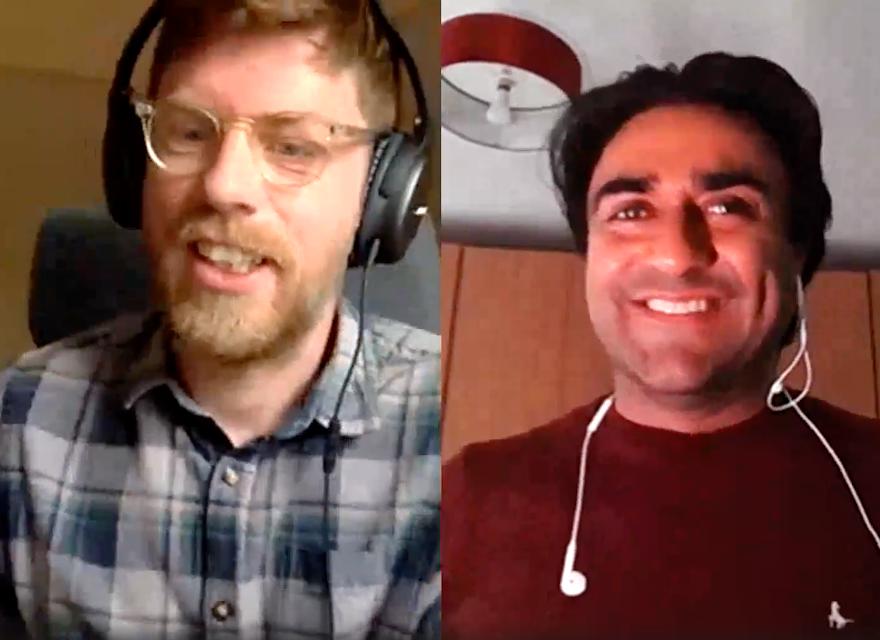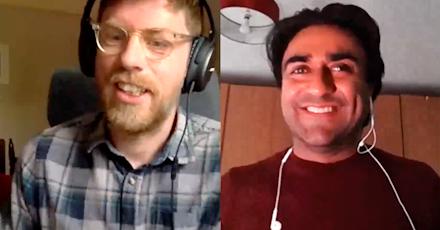The third Thursday of May marks Global Accessibility Awareness Day (GAAD)—a day focused on digital access and inclusion for the more than one billion people with disabilities and impairments. This year, we marked the day with a number of different activities, from educational sessions to company-wide events to delve into accessibility across different competencies and roles.
One of our activities was with our Accessibility Craft Circle – an internal community dedicated to leading and sharing knowledge on accessibility with the organisation. One of the main focuses of our Circle is to help implement new processes through education and awareness. To aid this mission, the Circle joined forces with AbilityNet, a consultancy focused on accessibility to run a session with Adi Latif, a usability specialist consultant.
Gareth, who is one of the leads for the Accessibility Craft Circle, shared why this was an important marker in our diaries.
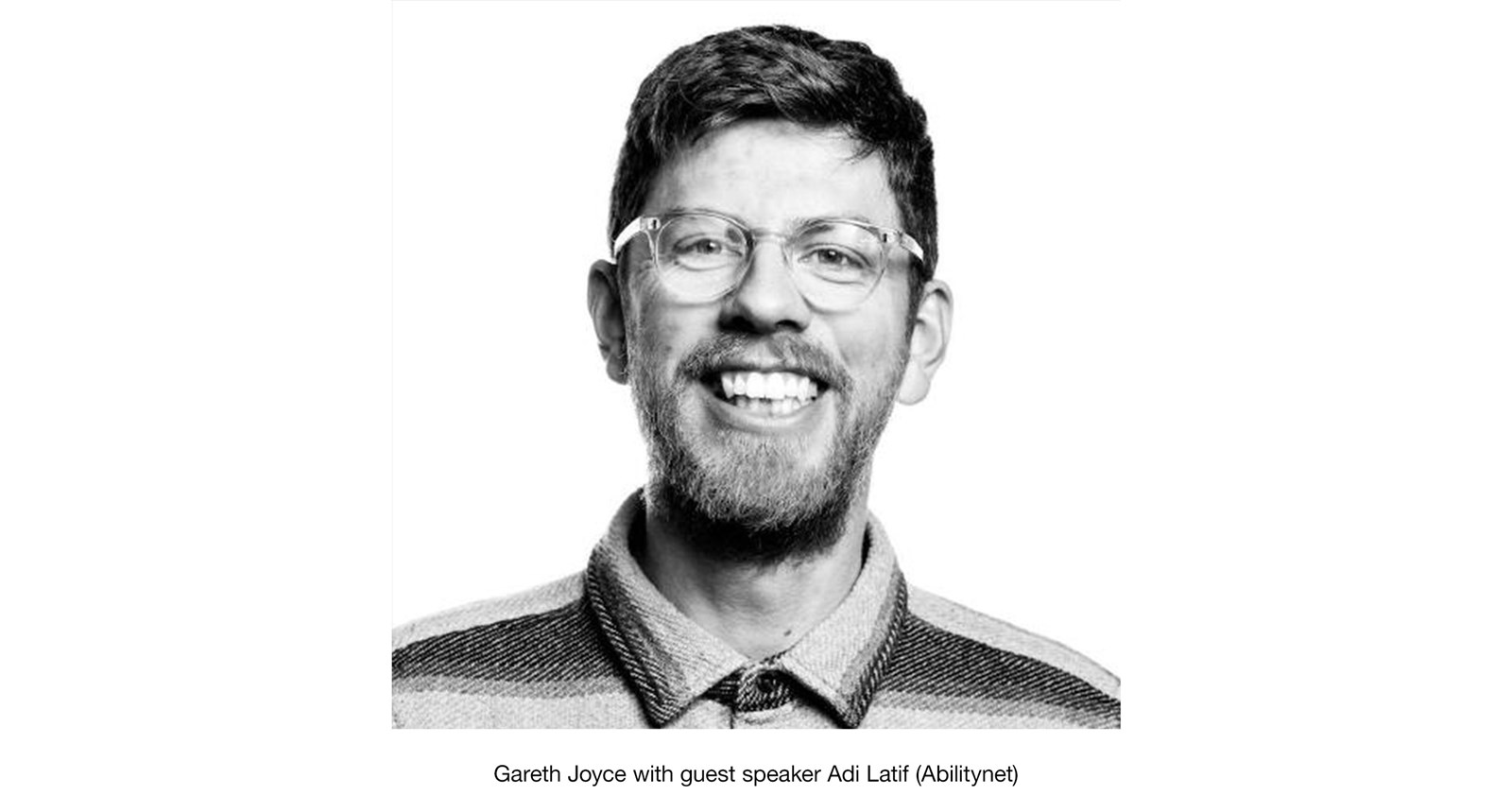
Why did we decide to do this and why did we choose this session? We haven’t run a community session for a while, and we wanted to highlight a guest speaker that could really make us think. We are a company who helps develop and push solutions out into the world for diverse groups of people, so it’s crucial for us to have someone with lived experience of disability speak to us about problems they face every day. This was also the first time our accessibility circle has invited someone with a lived disability to speak to our community. One of our aims as a circle is to “demystify accessibility,” and to do this across Valtech, we need to include and educate our sales and delivery teams as well as involve our growing community.
Who was our speaker? Adi Latif, AbilityNet UK.
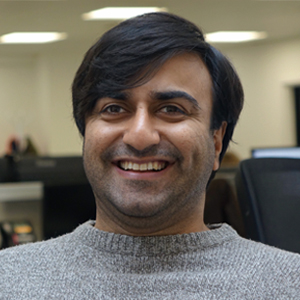
Adi has been blind since the age of 9 and as a result has learnt to adapt to life without sight. He told us stories of being excluded from job interviews and how he faces problems accessing information daily. His story is important because it is his, and by kindly sharing it with us, he opens our perspectives, as we have the privilege of creating the systems and solutions that many people use each day.
The session itself…
We had over 140 Valtechies join our session live, with many more watching back in their own time.
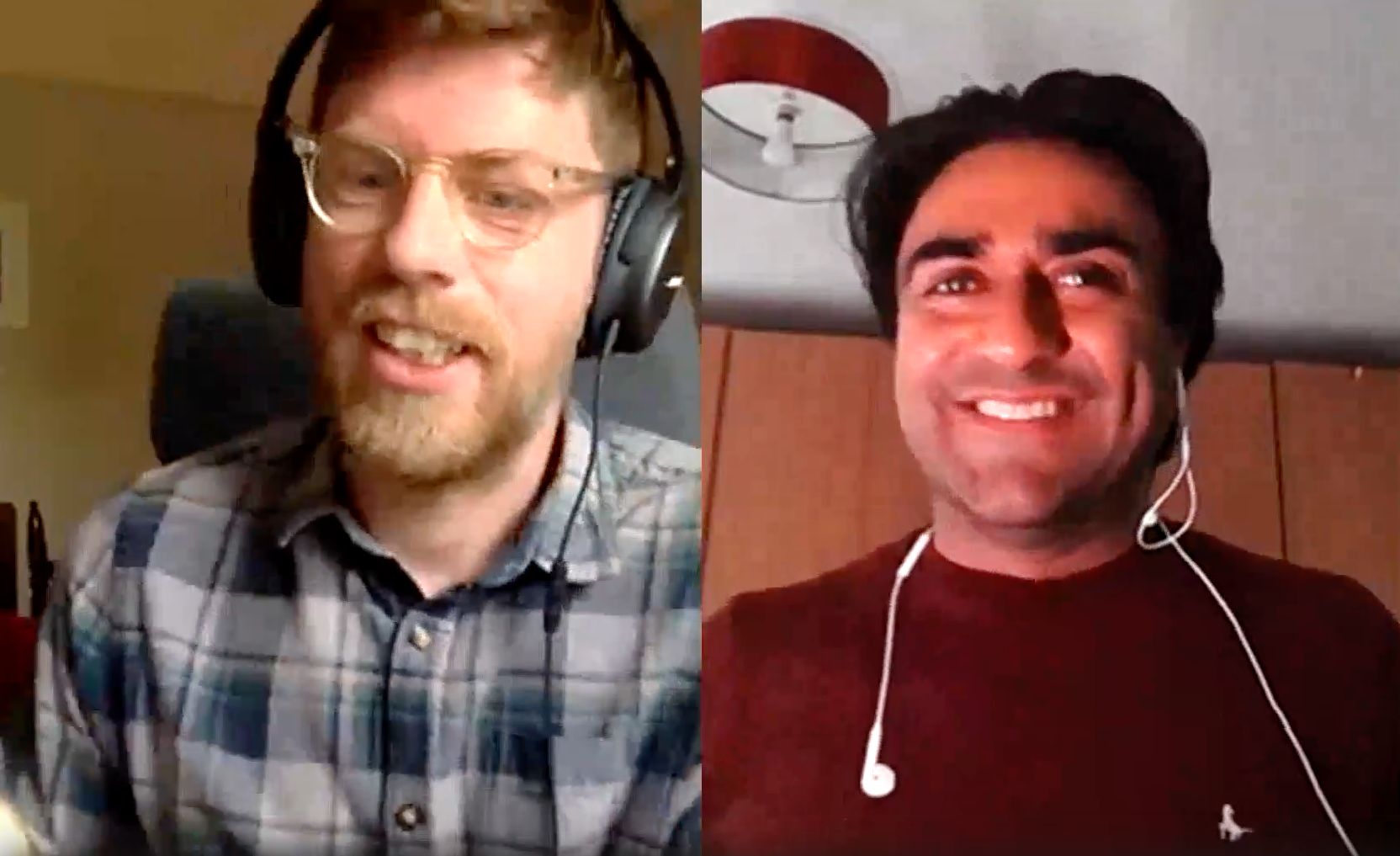
Adi spoke to us about himself, his lived experiences, about the importance of accessible design and how accessibility and inclusivity sit together as considerations of the creative process. To help us really dig deeper and understand the pathways he uses to access information and do common things (like booking a flight), he gave us a step-by-step demo of his setup, including a screen reader and how he navigates the web. From this, he shared openly the daily challenges he faces as a result of poor inclusive design.
For us, this was a key moment in our education here at Valtech. Everyone’s takeaways are unique; for me, I was really interested and impacted on how Adi has had to adapt to the digital world. Listening to him use his screen reader really sparked a lot of comments from people, with many being shocked at how fast the screen reader would “read out” a website, almost making it impossible to understand what it was saying. Another takeaway (and the most important one) was the realization of just how easy it is for us to make something which is accessible by default (like the web) inaccessible. Building an accessible digital product in 2022 is a refined skill, one that requires inclusively cognizant consultants who are educated in the best practices and approaches. Most importantly, it requires companies like ours to prioritise accessibility through every stage of the design and development process.
This was our most popular session since we began in 2020, and we are really excited to build on this and do it again!
